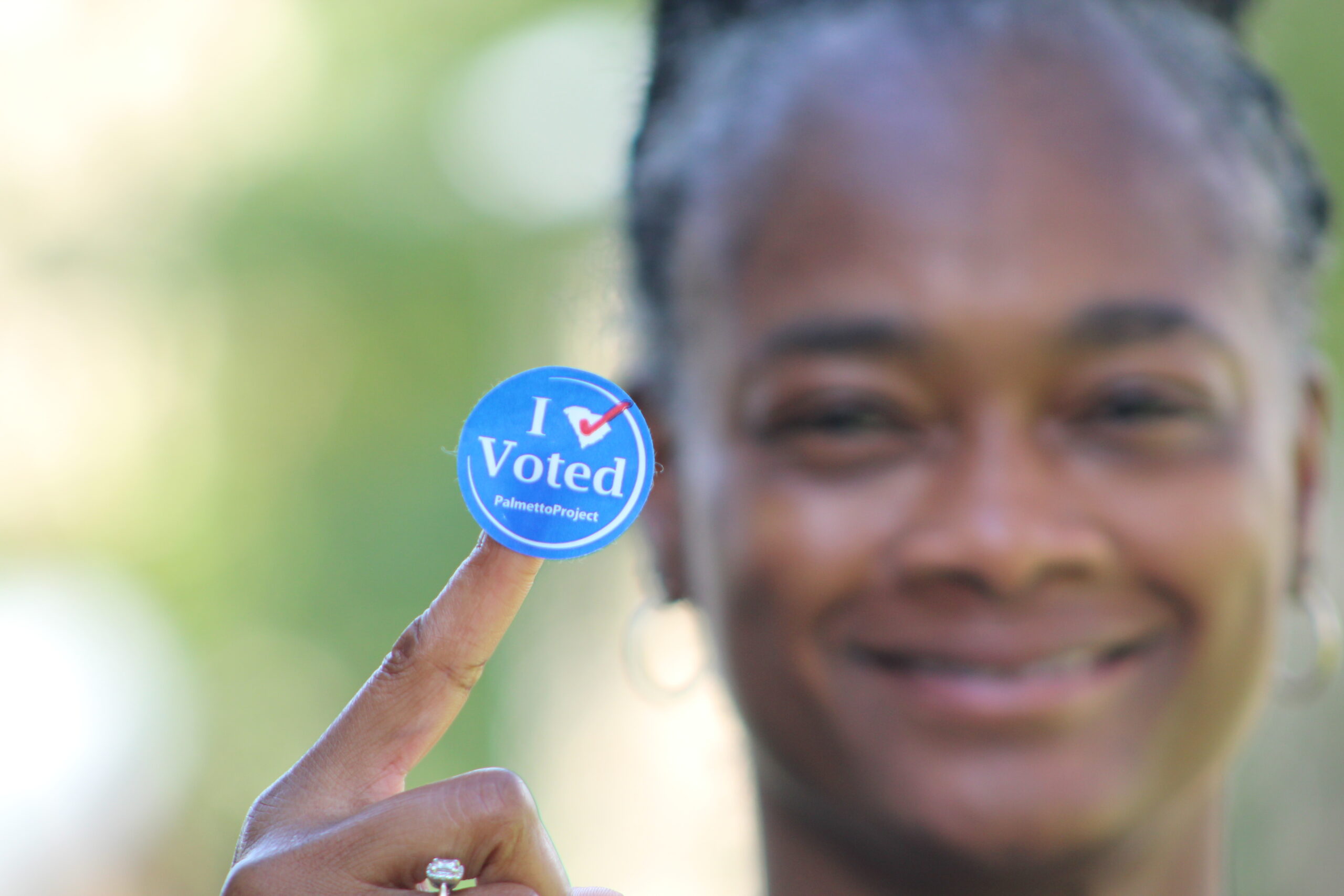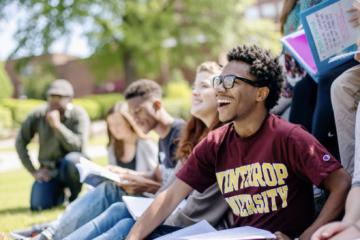Women in the United States were granted the right to vote in 1920 under the Nineteenth Amendment.
For generations, women have fought to have the same rights as men, and voting was no different. Officially, the women’s suffrage movement began in 1848 at the Seneca Falls Convention. This was a series of speeches led by women advocating for gender equity and the ability to have representation in politics.
However, women were fighting for equity long before they gathered at the Seneca Falls Convention. Jarena Lee, a Methodist minister, was one of the first documented African American suffragists. In 1838, she wrote a memoir about the gender discrimination she faced, especially within her religion.
Lottie Rollin was a suffragist who was most active during the Reconstruction era, immediately after the American Civil War. Rollin was most active in her native South Carolina, but petitioned at the national level as well. By 1870, she had helped found the South Carolina Women’s Rights Association to further gain the attention of the government.
Rose Schneiderman immigrated to the United States from Poland in 1890. Like most 19th century Jewish-Americans, Shneiderman began working in factories near her tenement to support her family. With the help of her coworkers, Schneiderman became one of the founding members of the Women’s Trade Union League as well as the Wage Earners’ League for Women’s Suffrage. Both leagues advocated for women’s rights regardless of social status, as well as the elimination of sweatshops.
Another prominent Jewish-American suffragist was Naud Nathan. The president of the New York Consumer League, Nathan and her organization advocated for better working conditions in factories and storefronts. Nathan traveled, both nationally and internationally, to lecture on women’s suffrage in English, German, and French.
Latinx suffragists were one of the turning points for California granting women the right to vote. Guadalupe Evangelina de Lopez was one of the most prevalent supporters of the women’s suffrage movement in California. She was also the first to translate suffrage speeches and debates into Spanish, opening the door for more Spanish-speaking suffragists.
At a convention in the summer of 1911, nine years before the ratification of the Nineteenth Amendment, Lopez gave a speech regarding gender equity…entirely in Spanish. This was unprecedented for the time, as English is the language most Amerians default to. This convention caught the attention of the Californian government, and they gave women the right to vote the following October.
Even though the Nineteenth Amendment was ratified a century ago, the fight for gender equity is far from over. Women of color were largely prohibited from voting until as recently as the 1970’s. Women, regardless of race, are still being discriminated against in education, healthcare, and politics.
Women needed the right to vote in order to have their voices heard in politics. In the United States, women were often left out of important legislative matters, as men considered them inferior. Gaining the right to vote meant that women could gain representation, as well as independence.
These powerful suffragists paved the way for the twenty-first century’s advocates. Sayu Bhojwani is the founder of New American Leaders, which is dedicated to training first and second generation American leaders to run for political offices. An Indian immigrant, Bhojwani was New York City’s first Commissioner of Immigrant Affairs.
Ai-jen Poo is the director of the National Domestic Workers Alliance. Through her organization, Poo has fought for the protection of the rights of domestic workers in the United States. Across eleven states, Poo’s work has changed how legislation discriminates against certain labor forces.
How can modern women carry on the legacy of these advocates? Students can write to their state’s representatives and demand gender and racial equity to be represented within the legislations that are passed. Volunteering with women’s rights organizations can also allow students to have their voices be heard. Women’s rights didn’t stop with the ratification of the Nineteenth Amendment, there’s still so much to be done.
Photo by Jamia Johnson




